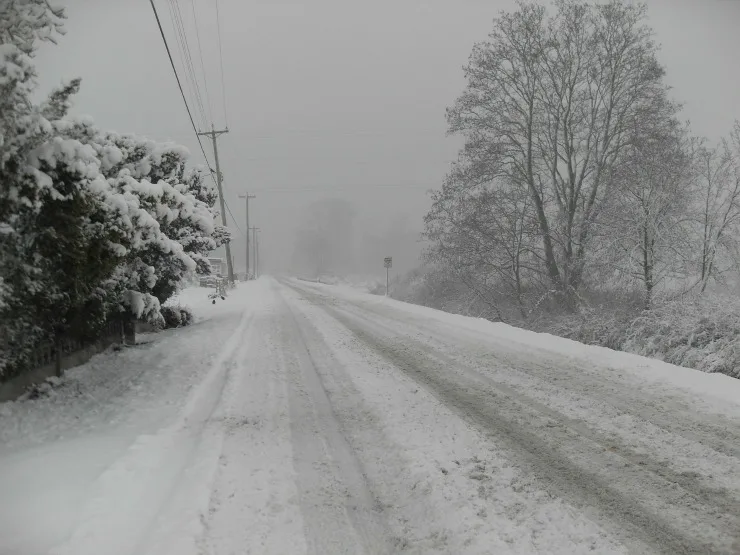Winter is quickly approaching, and now is the time to make sure your car is ready for the change in season. One of the most important things to check are your tires. Having the right tire can make all the difference, especially when it comes to safety. Many people wonder if they even need to switch to winter tires. The answer is possibly. It all depends on the weather and road conditions you experience throughout the year. To understand which tires will work best for you, you must first understand the differences in winter tires versus all season tires.

All-Season Tires
Today the majority of new cars are fitted with all-season tires when they leave the factory. These tires are built to provide a fairly quiet ride, good tread life and fuel economy. Although the name implies that all-season tires are good in all four seasons, they really are not. Here’s why. All-season tires are tires that are specifically designed to help provide traction and grip in a variety of conditions, including wet roads and light winter driving conditions. However, because all-season tires are designed with both winter and summer weather conditions in mind, they do not offer the same amount of grip and traction in winter as winter tires do, nor do they provide the extreme grip and sharp handling of a summer tire. So basically, all-season tires are ideal for those who live in moderate climates that do not encounter extreme cold, ice and snow during the winter months.
Winter Tires
Unlike all-season tires, winter tires are specially designed for driving in winter conditions such as snow, sleet, slush, ice, and even cold, dry roads. Winter tires have three specific features that make them ideal: the tread, tread depth and patterns, and biting edges.
Tread: the tread of a winter tire is made from a specially formulated rubber that stays flexible at low temperatures giving you better vehicle control. The tread rubber of an all-season tire or summer tire stiffens in extreme cold temperatures and becomes less able to provide sufficient traction.
Tread Depth and Pattern: winter tires also feature a deeper tread depth and a more unique tread pattern than all-season tires. This deeper tread depth reduces snow build up and gives you better traction, while the unique tread patterns are designed to channel snow and slush, and to expel water.
Biting Edges: last, but not least, a winter tire’s tread also has an increased number of biting edges and tiny slits that work together to provide better traction on ice.
Because of these features you will get much better traction, acceleration, handling and breaking performance from a winter tire than you would an all-season tire when it comes to driving in winter conditions.
Do I need a set of winter tires?

Burt Brothers
Wednesday 25th of October 2017
As the season changes, it is important also to upgrade your car. Change your tires to winter tires. This can help you to have a safe trip on the road.